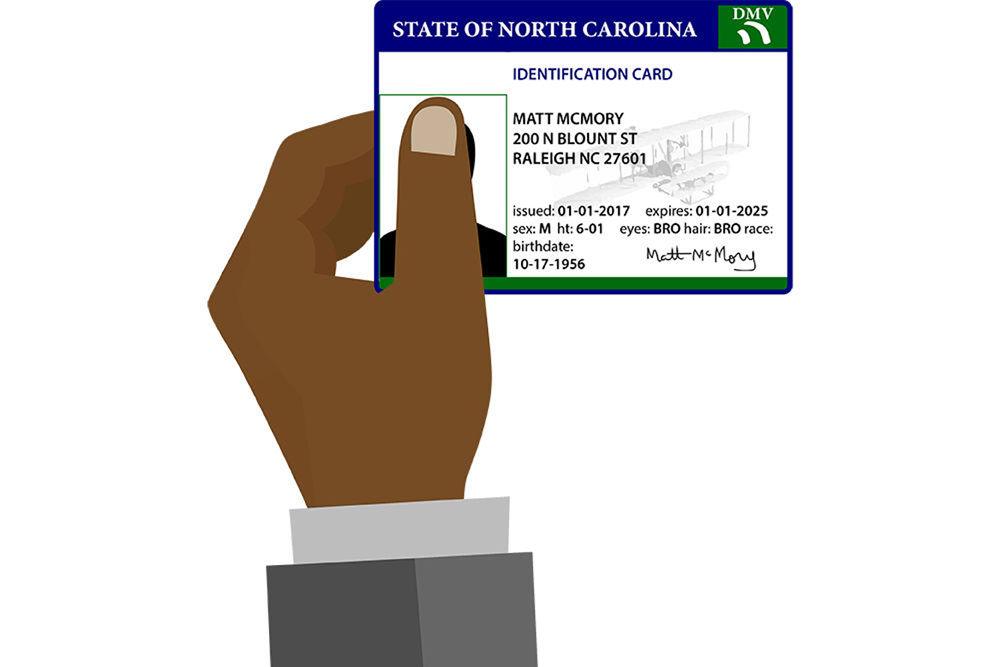Following the approval of the controversial voter ID amendment, recently proposed legislation in the General Assembly would, if passed, allow more college student IDs to be used for voting purposes.
Originally, the law prevented many college IDs from being used. One such requirement of the law was that only pictures taken by colleges were valid. With the new legislation, colleges can let students send in pictures for IDs as long as the school verifies citizenship as well.
With the change in rules, the state would approve every UNC System school ID for students to use it to vote, according to Brian Mathis, associate director of leadership and civic engagement.
“As long as the schools submit and follow the process, I feel fairly confident that the language is now more in line with university and community college and private college’s admissions and enrollment processes and I think that was the biggest issue before,” Mathis said.
The law states that schools are still required to verify the citizenship status of incoming students so that their identity and picture are confirmed to vote.
Mathis also said the changes to the bill were supported by both parties in the General Assembly. The Democratic party was a strong opponent of the voter ID law.
“[The bill] has bipartisan support,” Mathis said. “It is expected that this bill pass and will be signed by the governor,” Mathis said.
The former requirements did not allow students to send in their own pictures for a proper ID. Schools such as UNC-Chapel Hill did not qualify for that reason.
Schools would have had to make significant changes in order to get their IDs approved, but now schools will not have to go to such measures to ensure that all students can vote.
The original voter ID law was passed December 2018 after the Senate overrode a veto from Gov. Roy Cooper. Federal courts repealed the voter ID law in 2016 after challenges from the NAACP.
Steven Greene, professor of political science at NC State, said that while the college IDs are a good compromise, the law in general fixes a problem that does not exist.
“Voter fraud is rare, and it’s not actually solving the problem,” Greene said.
Greene said that one recent case of voter fraud was during the absentee ballot tampering in the district nine election, where members of Republican Party tampered with absentee ballots to cast votes in their favor. As a result, this district will be having a new election. The new legislation did not address this issue of voter fraud, according to Greene.
Greene also said that eligible voters may not even have IDs and that the law will ultimately shrink voter turnout. It especially hurts out-of-state or international students.
However, Greene clarified that he does think that students being able to use their student ID and voter ID will be helpful since North Carolina law now requires it.
The voter ID requirement will not go into effect until after the 2020 elections.
“It’s clear that the revision takes into account what our current process is,” Mathis said. “I know that there is a strong interest on behalf of the other UNC schools to have their IDs approved as voter IDs as well … I imagine all those who weren’t approved will resubmit under this new law.”








